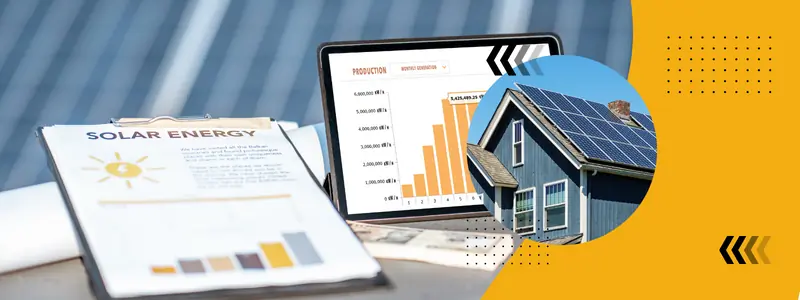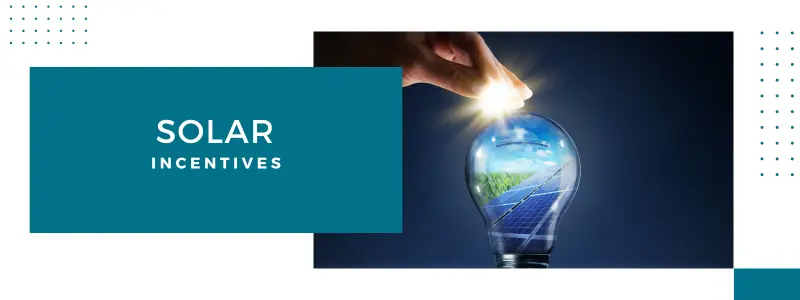Discover the Power of Solar Energy in Michigan!
Welcome to Michigan, a state known for its Great Lakes, lush forests, and now, its budding interest in renewable energy. Despite its northern location, Michigan enjoys a favorable amount of sunlight throughout the year, especially in the warmer months, making it a promising area for solar power development. This potential provides an excellent opportunity for homeowners and businesses to explore the benefits of clean, renewable energy, aligning with the state?s commitment to reducing carbon emissions and fostering sustainability. Supported by beneficial incentives designed to lower the initial costs of adopting solar technology and a community ethos that prioritizes environmental preservation, Michigan is on a path to becoming a leader in solar energy. Learn how tapping into Michigan?s solar capacity can illuminate your home, decrease energy expenses, and contribute to a healthier environment in the Wolverine State. Join us in harnessing the sun?s boundless energy and stepping into a brighter, more sustainable future in Michigan.
Explore Your Rooftop's Solar Potential
Discover how much solar energy your rooftop can generate. Enter your address below:




